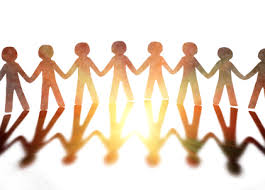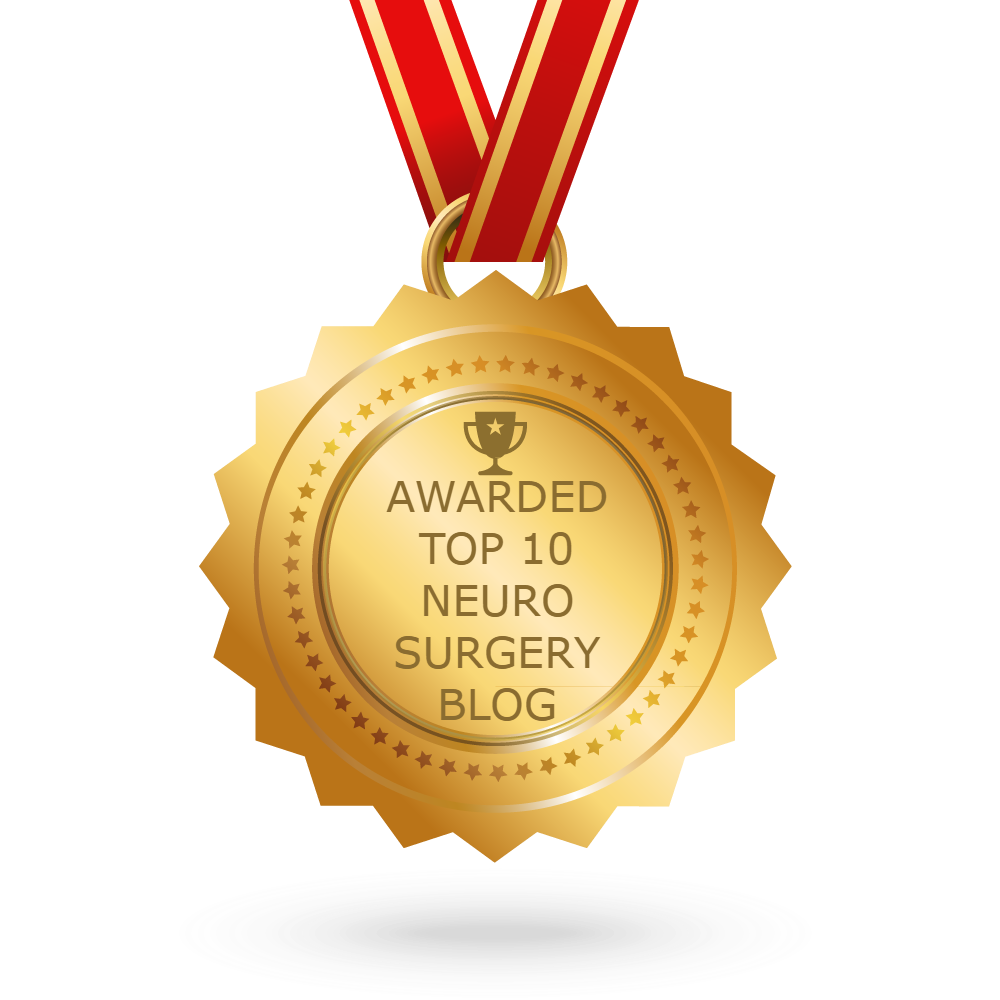|
When it comes to health and illness, it is hard to plan for life as usual when faced with the unexpected. There are so many unknowns. Hopes, dreams, fears, and uncertainties come together. Daily life routines are not possible. It can be overwhelming. I take care of children with neurosurgery needs, so there is really nothing normal for parents and families as we navigate the journey together. Surgery on your child is undeniably, unquestionably A Big Deal, no matter how routine it might be for the surgery team.
Healthcare journeys are personal, private experiences for some. I have seen incredible inner strength, serenity, and grace. I have also seen examples of inspiring humanity and generosity of communities coming together. The kindness of neighbors, friends, family, and people cannot be underestimated. The conversation can be tough to initiate, both for patient families and for those who would like to help. How does one ask for help when their child is undergoing surgery? On the other side, how does one offer compassion and assistance while respecting space and privacy? Too often, "Let me know if I can help" somehow seems hollow. Considerate action speaks louder than words. There is not a “right” or a “wrong” way. Families have shared wonderful stories with me over the years. Perhaps I can help parents and communities start the conversation if I give some examples that have inspired me. Please feel free to share with parents, families, neighbors, community members, support systems of all types!
Creating a calendar and having meals dropped off at the patient’s house can decompress the family, and allow parents to spend more time with their family member who needs attention. Prepared meals for the entire household ensures everyone is cared for.
Other children or elderly members of the household need supervision and attention while parents are focused on the child receiving healthcare. Offers to take care of the other dependents in the family, even for a few hours (taking them on outings, hosting a sleepover, helping with homework), allows parents to focus on the child who needs more attention at the time. Parents also need time for themselves to recharge and recuperate, to be able to stay strong for the rest of the family.
Mowing the lawn, doing the dishes seem manageable in normal weekly routines, but not when so many things are happening and demanding of the parents’ time and attention. Accepting help does not come naturally to everyone. Many parents decline offers for this type of help, but then realize they are so relieved when these tasks are done.
Children who are part of an activity, a group, or a team are often sad that they cannot participate and belong while they are receiving healthcare treatment and during their recovery process. There are many things organizers, coaches, teammates, teachers, and families can do to assure patients that they are indeed still part of the family and will be welcomed back in any capacity. Signed balls, jerseys, paraphernalia from teammates and classmates Cards, and written or video messages Signs of solidarity: t-shirts, wristbands, symbols of support Honorary memberships (unconditional love and acceptance!)
If it comes from the heart, you cannot go wrong. It takes a village to raise a child. Caring for a family in a time of strain takes a village in thoughtful action. Accept other’s altruism, love, and kindness when in need; pay it forward generously when you are able. I am continually awed by the incredible resilience and beauty of humanity, and humbled to be a part of the journey with families. For the moms and dads who have crossed paths with me -- thank you. Comments are closed.
|
Pediatric Neurosurgery teamThings we are passionate about Archives
May 2023
Other linksmy TCH blog post on - organizing your medical records for doctor's appointments - Craniosynostosis 101 our patients' moms blog about their family's - epilepsy surgery journey - craniosynostosis surgery journey some of our inspiring patient and family stories in the news: - epilepsy surgery - craniofacial surgery - AVM surgery Cross-post & links to my posts on other sitesUpdates on pediatric cerebrovascular disease in #NeurosurgeryBlog
Comments on health policy, pediatric neurosurgery, and the Affordable Care Act in the #NeurosurgeryBlog Sharing on the "ask-the-doctor" series on the Children's Craniofacial Association's blog - helmet FAQs: after endoscopic craniosynostosis surgery - helmet FAQs: positional plagiocephaly Top rated neuroscience blog
|
SITE MAP |
Content is not medical advice. Disclaimer.
|


